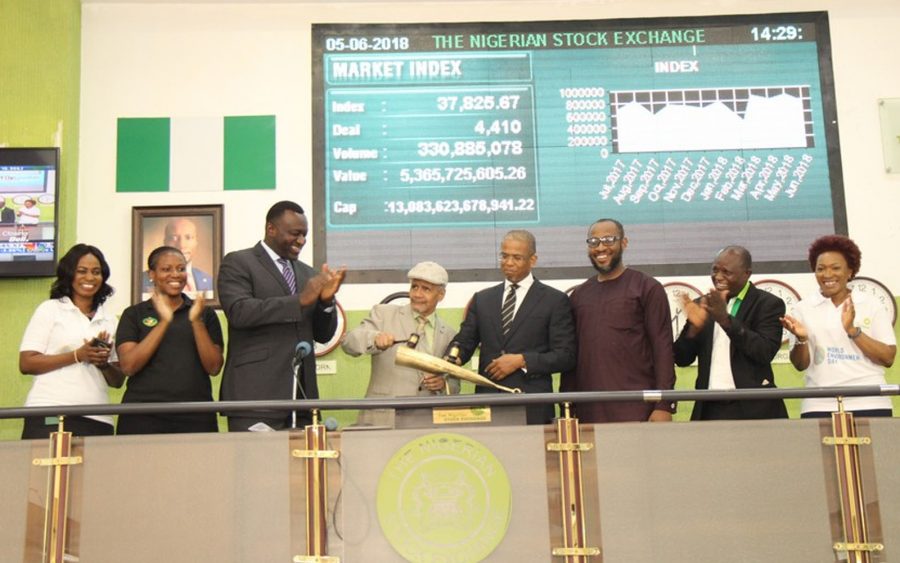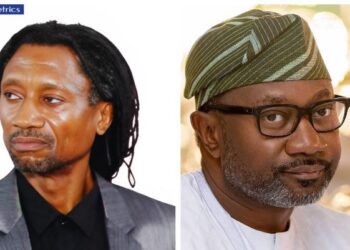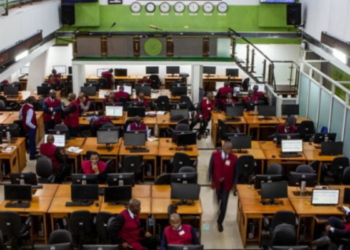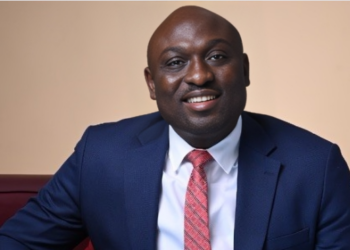The rise in the US Federal Rate, the prevailing economic uncertainties in the country, as well as the potential risks posed by Nigeria’s fourth coming general election are all factors that combined to determine the overall (negative) performance of Nigerian equities in Q2 2018.
Nigerian equities recorded a net capital depreciation to the tune of ₦1.13 trillion between April and June, 2018.
This development, which represents about 7.77% average loss, is a sharp contrast to 8.53% gain in the first quarter of 2018 during which time equities gained ₦1.384 trillion.
Economic and political uncertainties influenced investors’ decisions during the second quarter, even as profit-taking fluctuations also played a major role.
Profit-taking fluctuations entails the instability inherent in the everyday buying and selling of stocks on the floor of the Nigerian Stock Exchange (NSE). This trend, which began in March 2018, lasted through to May.
In the long run, profit-taking resulted in a series of unprecedented selloffs by May, just as investors scrambled to lock in on gains following appreciable rise in stocks’ values.
Unfortunately, about ₦1.15 trillion worth of loss was recorded by Nigerian equities in May, a huge deal compared to about ₦557 billion loss in the month of March and about ₦44 billion loss in April.
It should also be noted that some foreign investors sold off their stakes and exited the Nigerian market due to the increase in the United State’s Federal Rates.
Further explanation for the recorded loss/depreciation
As The Nation reported, many analysts have attributed the recorded loss to political tensions within the country. The analysts also blamed corporate performance.
The paper quoted the Managing Director of Afrinvest Securities, Mr Ayodeji Ebo, to have said the following:
“As election activity kicks in, investors may trade cautiously prompting more volatility in the equity market in second quarter relative to first quarter.” -Ebo
Also commenting on the situation is Mr Michael Famoroti, a Chief Economist at Vetiva Capital, who stated that “impending elections are also likely to induce greater economic uncertainty and distract policy and governance at the tail-end of the year, neither of which is positive for confidence or investment.”
Outlook for the rest of the year
Meanwhile, in an earlier report titled “Nigeria H2’18 Outlook; In the Shadows of the polls”, Vetiva Research (an arm of Vetiva Capital), highlighted economic outlook for key sectors of the Nigerian economy and capital market for the rest of 2018. According to the research findings, Nigerian equities will witness an average full-year return of between -5% and +5%.
The research also emphasised the impactful role the 2019 general election will play towards determining how both the economy and equities market perform.
“Indeed, we expect elections to dominate near-term activities, with election spending boosting the economy through government and consumer spending, but also inducing greater inflationary pressure. The latter effect underpins our view that monetary policy status quo will persist until the elections.
“Impending elections are also likely to induce greater economic uncertainty and distract policy and governance at the tail-end of the year, neither of which is positive for confidence or investment.” – Vetiva Research
It should be noted that the Nigerian capital market was last year adjudged the number 10 best-performing in the whole world, after recording a full-year average of 42.30% and closing 2017 with ₦4.36 trillion in market capitalisation.

























Depreciated in the Q1, you mean